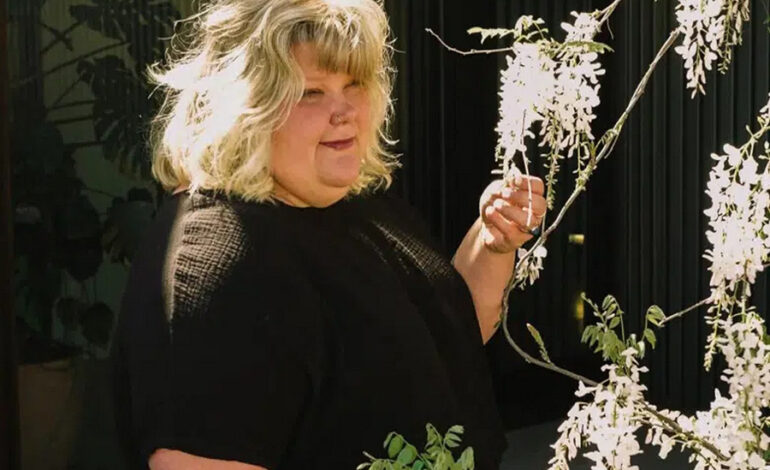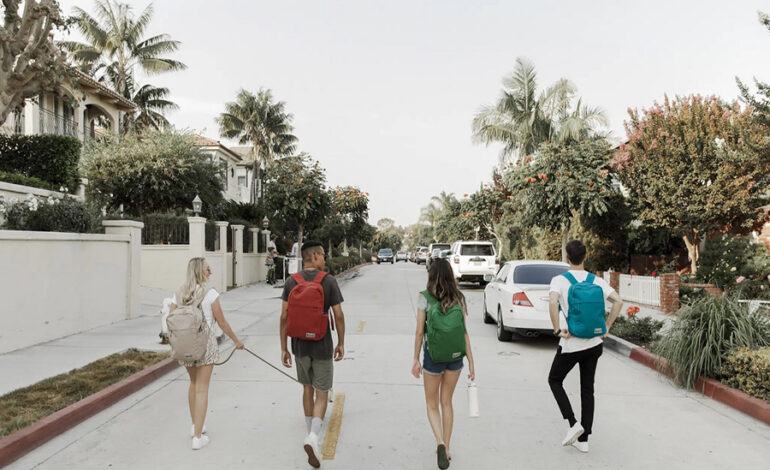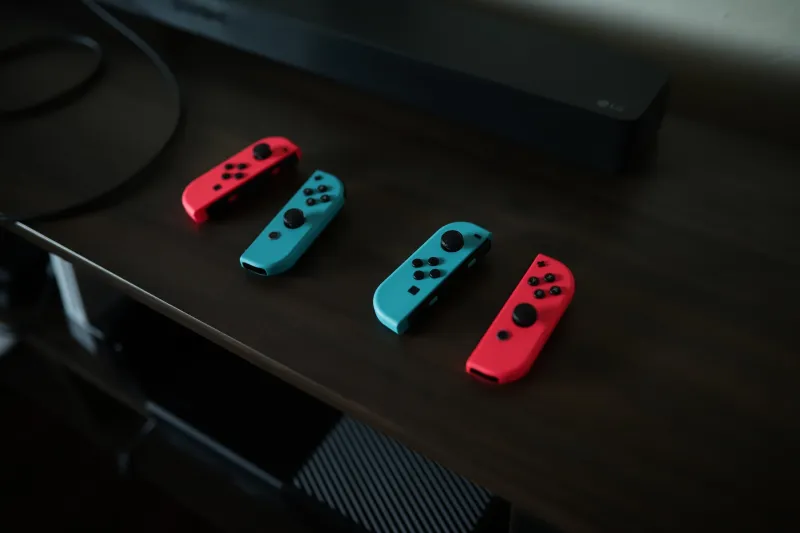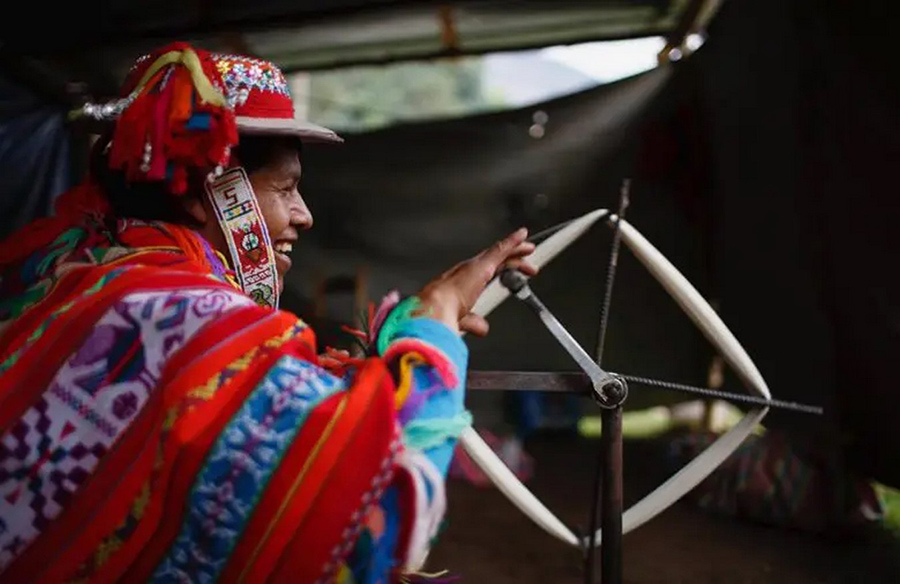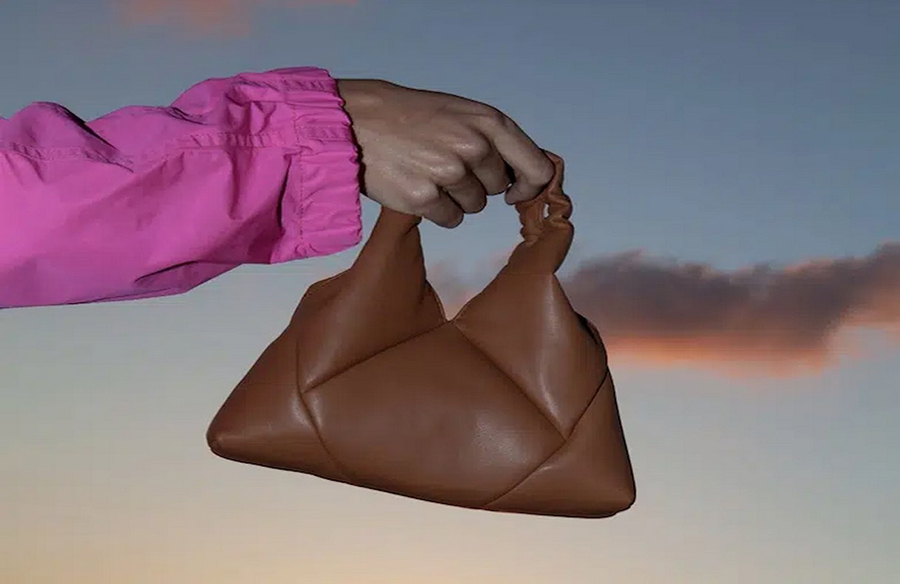Embracing Adaptive Fashion: A Shift Towards Inclusivity
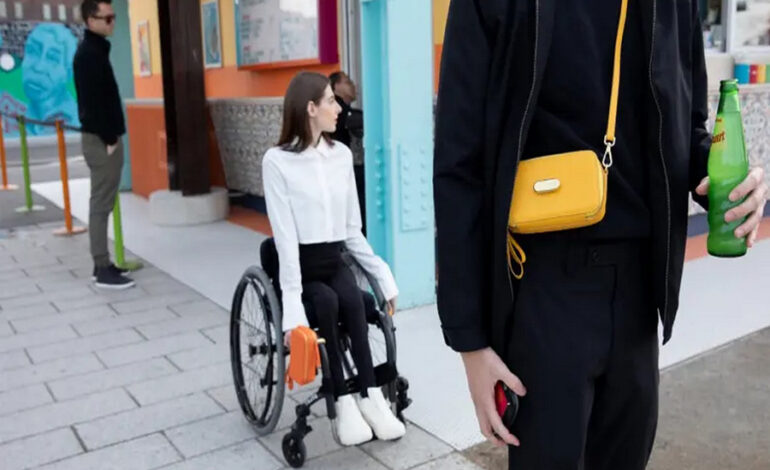
In the dynamic realm of fashion, the spotlight on adaptive clothing gained transformative prominence with the launch of the Tommy Hilfiger X Zendaya capsule collection in 2019. This collaboration not only showcased trendy styles but also introduced adaptive modifications catering specifically to individuals with disabilities. Features like magnetic closures and elasticated waists marked a significant shift in how functional fashion for disabled bodies was perceived within the broader fashion industry.
A Pivotal Moment for Adaptive Fashion
Stephanie Thomas, a seasoned disabled fashion stylist and founder of Cur8able, considers this collaboration a pivotal moment. With almost three decades of experience, Thomas developed the Disabled Fashion Styling System™ to consult with brands, style disabled clients, and advocate for more inclusive adaptive clothing options.
Adaptive fashion often replaces traditional elements like buckles and zips with magnetic or Velcro closures and slip-on designs. Thomas emphasizes the importance of removing design barriers, ensuring accessibility, ease of wear, and compatibility with individuals’ health and lifestyle. Despite the vast potential, the adaptive fashion market remains largely untapped, projected to reach a global value of $349.9 billion by 2023, according to CoreResearch.
Bridging the Gap in Retail Accessibility
Thomas highlights the disparity in retail accessibility, especially for those who use wheelchairs. While the Americans with Disabilities Act addresses physical accessibility, there’s a dearth of stores committing retail space to pieces designed for sitting. The prevalence of online shopping has somewhat alleviated the challenges faced by disabled individuals, who historically relied on catalogs for adaptive clothing.
Thomas emphasizes the universality of adaptive fashion’s relevance, stressing that anyone can become a person with a disability at any moment. The removal of unnecessary fasteners and dressing restrictions benefits everyone, from those with injuries to individuals experiencing temporary mobility issues.
Brands’ Hesitation and the Call for Change
Despite the potential business benefits, brands have been slow to embrace adaptive fashion. Thomas identifies a lack of understanding of disability as a cultural aspect, leading to decisions being made without consulting the disabled community. Advocating for the inclusion of disabled individuals in campaigns and as spokespeople, Thomas emphasizes the need for a cultural shift in how disability is perceived within the fashion industry.
Adaptive Fashion in the Pandemic Era
The surge in demand for loungewear during the pandemic inadvertently paved the way for adaptive fashion choices. Thomas sees this as a gateway to increased acceptance and adoption of adaptive clothing. The comfort-focused trend aligns with recommendations from occupational and physical therapists, creating an opportunity for adaptive fashion to become more mainstream.
Independent Adaptive Fashion Brands Breaking Barriers
While the adaptive fashion market is still young, several independent brands are making strides. Here are 10 such brands:
- Christina Stephens (Australia): Launched in 2020, offering loungewear basics with adaptive details using organic cotton and certified Merino wool.
- Slick Chicks (New York): Specializing in adaptive underwear with a patented side-fastening design for ease of use.
- IZ Adaptive (Canada): Designed for a seated body, emphasizing stretch fabrics, flat seams, and magnetic closures.
- FriendlyShoes: Founded by an occupational therapist, featuring a patented zipper system for easy single-handed closure.
- So Yes (Belgium): Created by occupational therapists, offering jackets, trousers, and skirts designed for wheelchair users.
- Ffora (Fashion For All): Accessories brand for mobility devices with a focus on minimal yet functional design.
- Care+Wear: Founded in 2014, creating healthcare clothing with a focus on dignity, comfort, and fashion-inspired pieces.
- Yarrow: In-house clothing line of adaptive e-commerce platform Juniper Unlimited, offering contemporary womenswear.
- Megami (UK): Post-mastectomy lingerie and swimwear brand with bras designed for prosthetic breast forms.
- Intimately (USA): Community-led underwear brand designed with wheelchair users and pregnant women in mind.
- MIGA Swimwear (USA): Celebrating all bodies with bold colors, prints, and inclusive design thinking.
- Uniteable (USA): Founded by a fashion merchandising professional, offering pants designed for ease of dressing.
As the adaptive fashion landscape evolves, these independent brands are contributing to breaking barriers and fostering a more inclusive and accessible future for the fashion industry.
